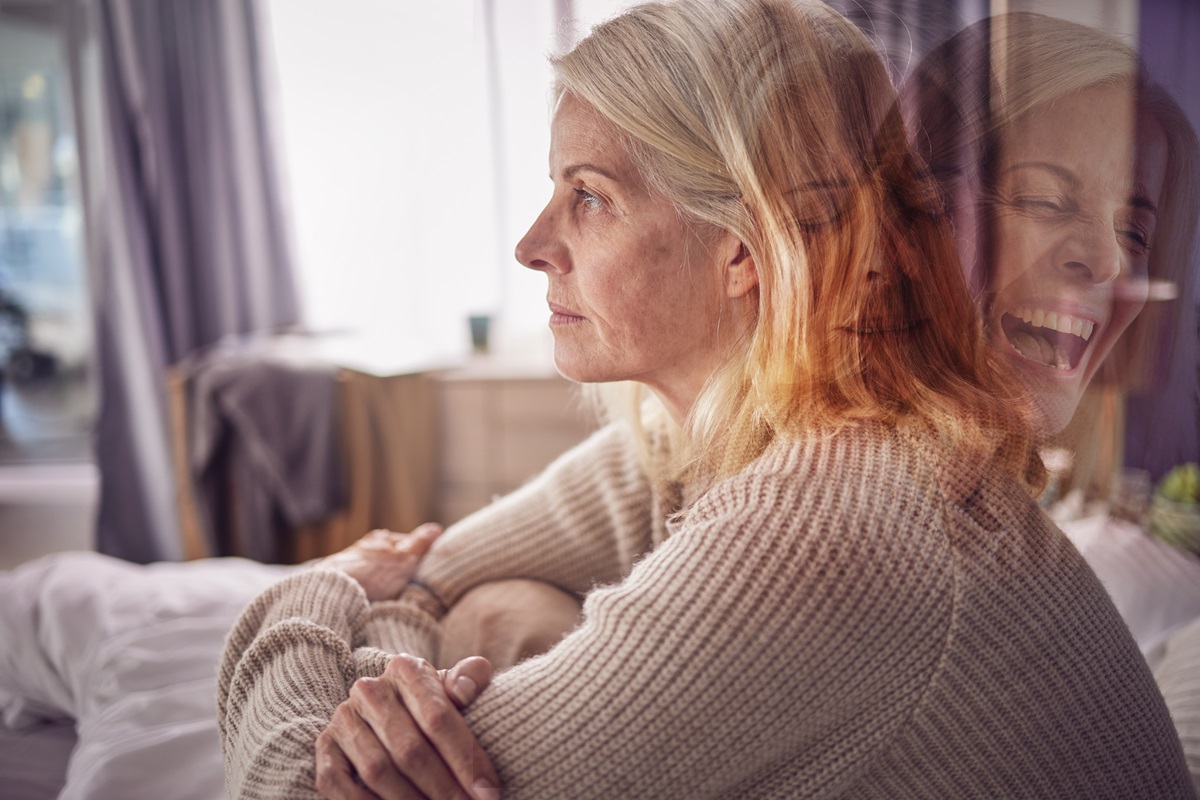What do you think of this article?
By Dr. David Woo - June 2, 2022

Many people who struggle with mental health have heard of seasonal affective disorder, commonly (and perhaps aptly) abbreviated to “SAD.” SAD is a type of depression whose symptoms are impacted by changing seasons: individuals with SAD most often experience depressive episodes during the fall and winter, and start to feel more like themselves again in the spring and summer.(1)
Though it’s uncommon, about 5% of SAD experience the opposite pattern: they feel depressed during the spring and summer, and their moods improve during the fall and winter.(2) It’s hard to say for sure why this happens, because it’s still not 100% clear what causes seasonal affective disorder. But a number of treatment options exist for both winter and summer SAD.
What Causes Seasonal Affective Disorder (SAD) in the Summer?
Most psychologists and researchers believe that sunlight levels likely play a significant role in wintertime SAD. Lower levels of sun, and less time spent outside, may disrupt your body’s circadian rhythm (your body’s 24-hour “internal clock”) and upset its natural sleep and wakefulness cycle. Lower levels of sunlight during the winter may also cause a drop in serotonin production, which can trigger a depressive episode.
It’s thought that sunlight levels also play a role in summer SAD, but in a different way. It’s theorized that longer daylight hours during the summer may disrupt your body’s production of melatonin, a hormone produced primarily at night as part of your body’s sleep/wakefulness cycle.(2) With more sunlight hours during the summer, the body may be producing less melatonin, which can contribute to symptoms like insomnia, irritability, and a poor appetite.(1)
In addition to the biological causes, other factors may also be at play. Summer often means a disruption in your family’s routine, which can contribute to stress and negative emotions. For those sensitive to high heat, summer often means less time spent outdoors or with friends, and more time inside watching TV. And even body-image issues can contribute to summer SAD: many people may avoid summertime activities because they dislike wearing (or are unable to wear, for religious reasons) bathing suits or revealing summer clothing in public.(3)
How Is Summer SAD Different from Winter SAD?
Both spring-summer and fall-winter SAD sufferers often experience common symptoms of depression, such as:
- Low moods and sadness
- Losing interest in activities you used to enjoy
- Feelings of hopelessness or worthlessness
- Trouble concentrating
- Low energy levels
- Thoughts of suicide, or feeling like the world would be a better place without you
The lower sunlight levels that contribute to SAD in the fall and winter may also contribute to symptoms like:
- Sleeping too much
- Overeating
- Weight gain
Meanwhile, individuals who suffer from SAD in the spring and summer may find themselves experiencing:
- Insomnia
- Irritability
- Feelings of anxiety
- A poor appetite
- Weight loss
Treatments for Summer Seasonal Affective Disorder
See your doctor if you think you have SAD. A number of treatment options exist for both the summer and winter subtypes.
For summer SAD, possible treatment approaches may include:
- Taking antidepressant medication.
- Working with a therapist.
- TMS (transcranial magnetic stimulation): TMS is a clinically-proven, medication-free treatment for depression. TMS in NYC may be an excellent option for you if you’ve tried medication and talk therapy in the past but found them ineffective.
- Manipulating your sunlight hours: For winter SAD, increasing exposure to sunlight is the usual treatment approach – but with summer SAD, psychiatrists typically recommend the opposite. Your doctor may recommend spending evenings and early mornings in darkened rooms, and/or using blackout curtains in your bedroom, to stimulate melatonin production.
- Staying cool: If heat is contributing, staying in air-conditioned areas may help your moods.(2) Try planning summertime activities around where you can find A/C. Seeing a movie, going to the library, or going to an indoor mall are great options. If you don’t have A/C at home, your city may have designated “cooling centers” that are free for the public (see a list of New York City cooling centers here).
Resources:
1. Seasonal Affective Disorder. Mayo Clinic. Link. Accessed May 3, 2022.
2. It Turns Out You Really Can Get That Summertime Sadness. Healthline. Publication Date Unkown. Updated on June 25, 2019. Link. Accessed May 2, 2022.
3. Tips for Summer Depression. WebMD. Published August 18, 2021. Link. Accessed May 3, 2022.
Dr. Woo has been seeing patients in private practice since 2002, always with the goals of combining evidence-based medicine with psychodynamic psychotherapy and collaborating with other mental health professionals to ensure the best possible outcomes for his patients. He has been certified to administer TMS at his practice since 2017. His greatest clinical interests include helping patients suffering from depression, anxiety, and obsessive compulsive disorder.



